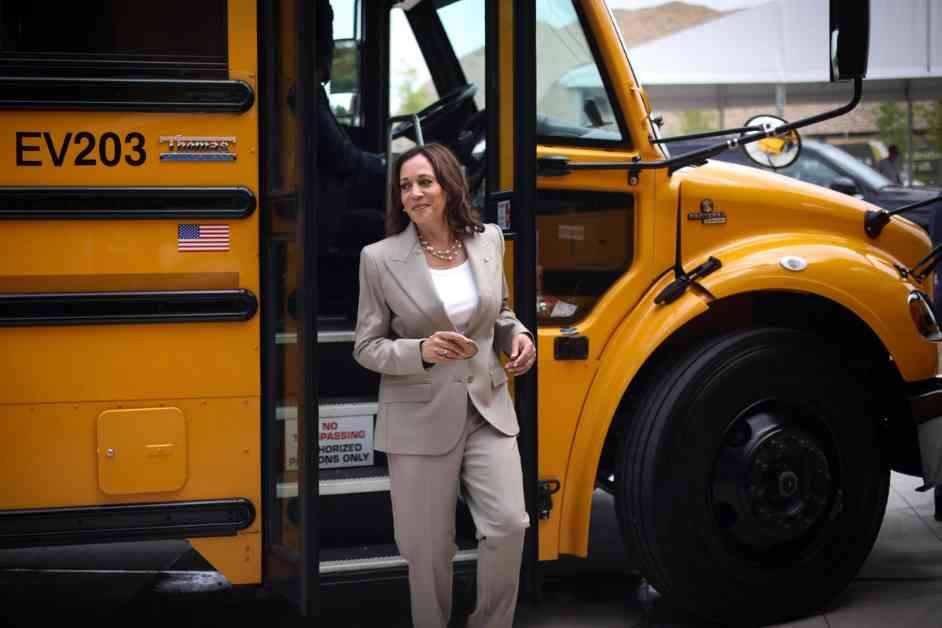In 1925, a Ford dealer named Albert Luce in Georgia came up with the idea of attaching a wooden coach to a Model T frame and selling it to a cement plant owner. This marked the beginning of what is now one of the largest school bus builders in the country, Blue Bird Corp. Over the years, Blue Bird has become a major player in the industry, producing both diesel-powered and now electric school buses.
The shift towards electric school buses has been gaining momentum, with the Biden administration allocating significant funds to support the industry. The bipartisan infrastructure law provided $5 billion for school districts to purchase new electric buses, while the Inflation Reduction Act offered additional grants and tax incentives for factories and battery plants.
Despite the government’s support, the transition to electric buses was already underway before President Biden took office. Industry officials are optimistic that this shift will continue regardless of the administration in power, as the benefits of electric buses are increasingly recognized.
Blue Bird, along with its competitors Thomas Built Buses and IC Bus, is ramping up its production of electric buses. Blue Bird expects to double its e-bus sales in the coming years, with electric buses potentially making up a significant portion of its total sales by 2027. Thomas Built Buses and IC Bus are also actively preparing for the electric market, with both companies seeing the potential for growth in this sector.
The move towards electric school buses is not only driven by government funding but also by the environmental and health benefits they offer. Electric buses help reduce greenhouse gas emissions and improve air quality, which is particularly crucial for protecting children’s health. The transition to electric buses is seen as a positive step towards a more sustainable and healthier future.
While there have been concerns raised about the cost of electric buses compared to traditional diesel buses, industry experts point out that electric buses are more cost-effective in the long run due to lower operating and maintenance costs. Companies like Blue Bird are also exploring innovative solutions such as battery recycling and offering electric buses as a service to make the transition easier for school districts.
Overall, the future looks bright for the electric school bus industry, with ongoing government support, increasing demand, and a growing awareness of the benefits of electric transportation. Regardless of political changes, electric school buses are expected to play a significant role in the industry’s future growth and development.




